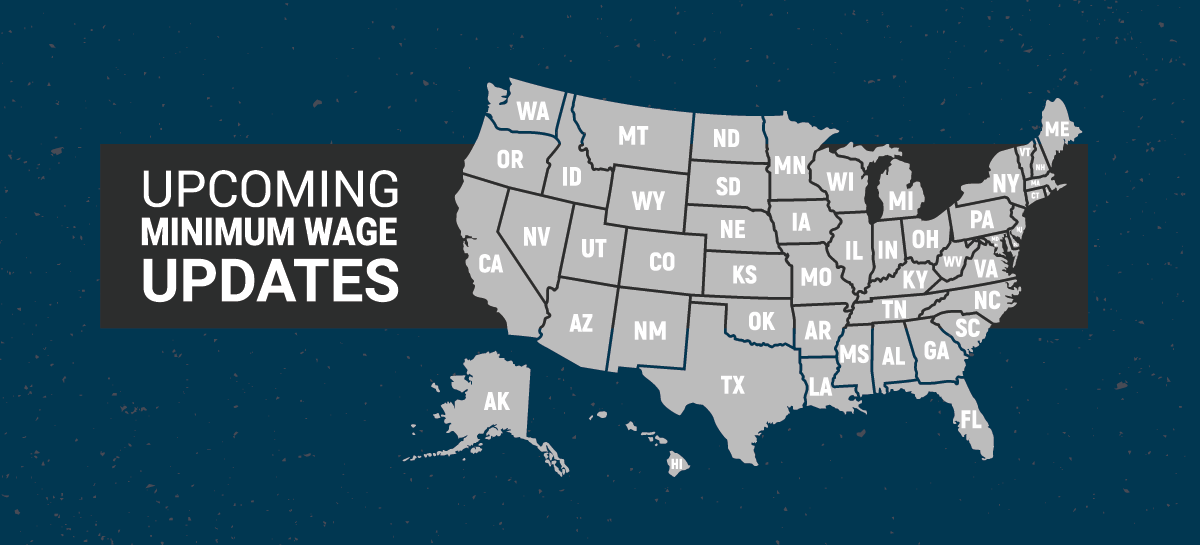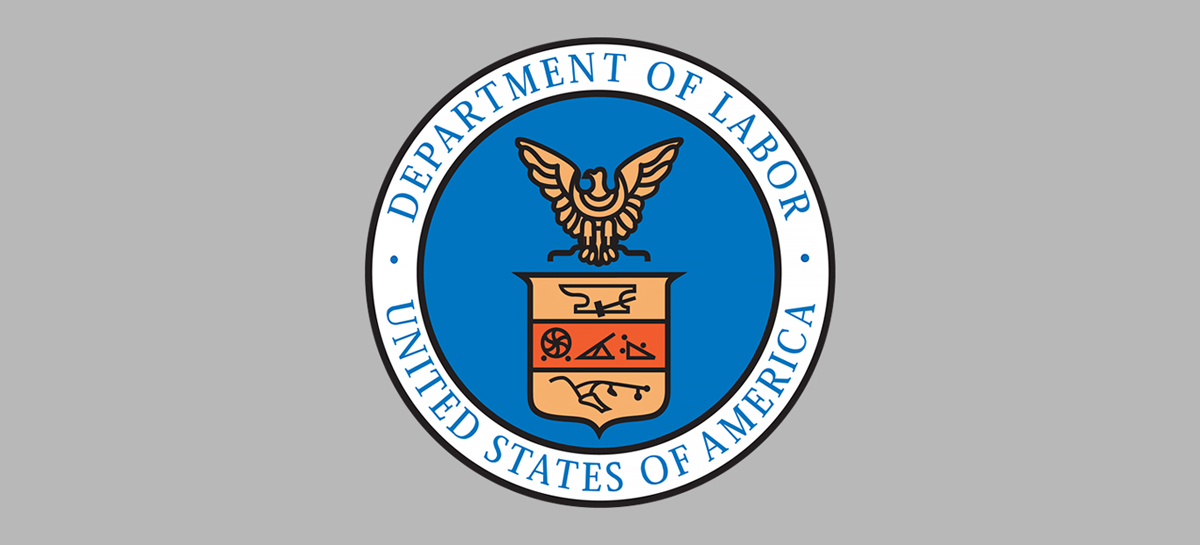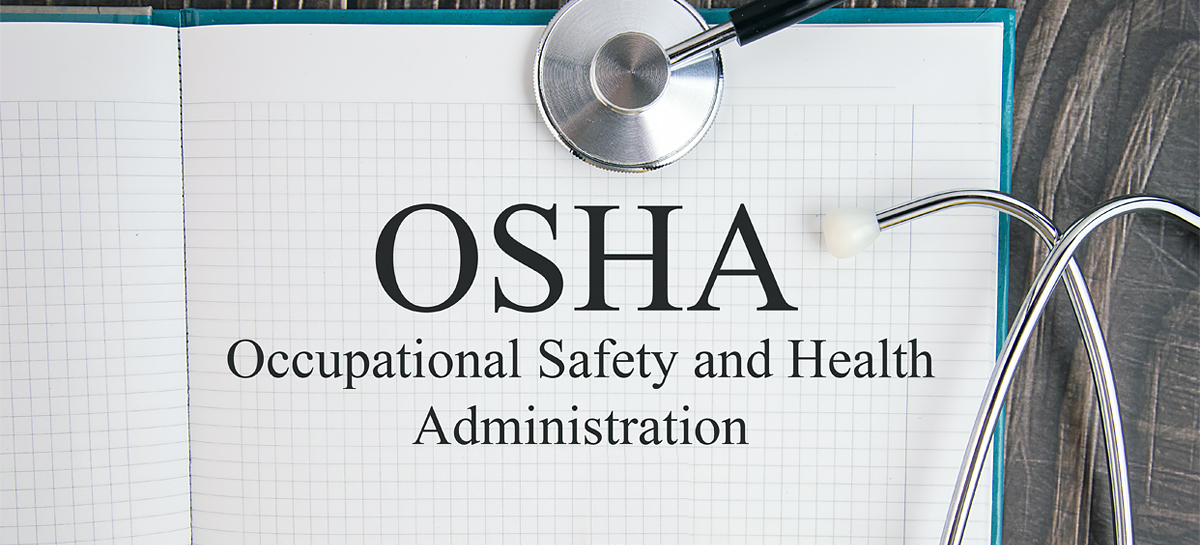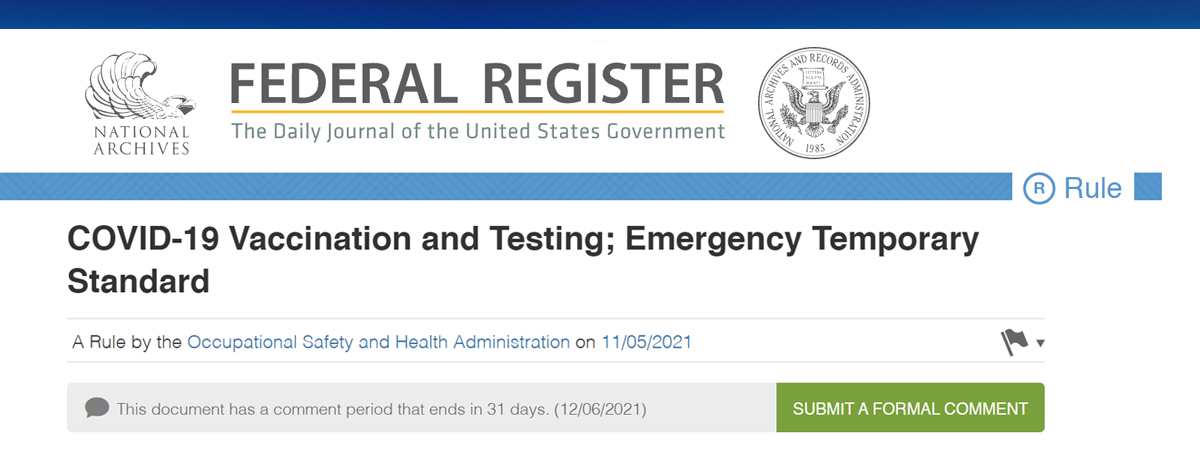
Check out our chart below for a full list of states that have upcoming minimum wage increases in 2022:

Check out our chart below for a full list of states that have upcoming minimum wage increases in 2022:

On Nov. 4, 2021, the Internal Revenue Service (IRS) announced new caps for employee and company 401(k) contributions in 2022:
| 2021 | 2022 | |
| Maximum employee elective deferral (age 49 and younger) | $19,500 | $20,500 |
| Employee catch-up contribution (age 50 or older) | $6,500 | $6,500 |
| Maximum employee elective deferral plus catch-up | $26,000 | $27,000 |
The new 2022 limits have been updated in our payroll system to ensure that the contributions from our clients’ employees do not exceed the annual dollar limits. Please let us know if you have any questions.

Employers are constantly looking for ways to attract and retain workers. These efforts often include tailoring benefits packages or adjusting compensation. While valuable offerings, these solutions don’t always address the needs of one critical workplace segment: part-time workers.
In some cases, part-time employees don’t qualify for benefits packages; in others, they are only offered limited perks. An obvious solution would be expanding all benefits to all employee segments, but that’s not feasible in many cases. Instead, employers can consider offering perks that speak directly to the unique needs of part-time workers. This article identifies two coveted workplace perks that part-time employees are looking for right now.

On Oct. 28, 2021, the U.S. Department of Labor (DOL) announced the publication of a new rule for tip regulations under the Fair Labor Standards Act (FLSA). The new rule clarifies that employers may only take a tip credit for tipped employees when these employees are performing work that is part of their tipped occupation. The new rule becomes effective on Dec. 28, 2021.
Workers can only be paid the tipped minimum, established under federal law at $2.13 per hour, for tasks that directly support tipped work and do not take up more than 20% of a worker’s time or 30 consecutive minutes.

On Nov. 4, 2021, the Occupational Safety and Health Administration (OSHA) announced a federal emergency temporary standard (ETS) to require affected employers to mandate employee vaccines or weekly testing. Click the following link to read our bulletin for more details on the OSHA ETS.
On Nov. 12, 2021, a U.S. federal appeals court affirmed its stay of the ETS requiring OSHA to “take no steps to implement or enforce” the ETS. OSHA has since announced that it “has suspended activities related to the implementation and enforcement of the ETS pending future developments in the litigation.” OSHA is believed to be weighing its options to continue to fight for the ETS.
A special thank you to our veterans and their families. We would like to express our appreciation and respect for their service and sacrifice. To all those who have served, and those who continue to serve – Happy Veterans Day.

Employment trends expert weighs in
 With the COVID-19 pandemic more under control, many offices are considering the idea of bringing back holiday parties. But, how can you safely host an office party during a pandemic, and are the risks worth the camaraderie?
With the COVID-19 pandemic more under control, many offices are considering the idea of bringing back holiday parties. But, how can you safely host an office party during a pandemic, and are the risks worth the camaraderie?
“Our internal research has shown that many of our clients are going to do a holiday party this year. They’re very eager to start building connections between their staff again, and to bring back some cheer to the office after such a dark time,” says Rob Wilson, President of Employco USA and employment trends expert. “But hosting an office party right now can be difficult. There are several factors that companies need to consider before they start planning a party, big or small.”

On Nov. 4, 2021, the Occupational Safety and Health Administration (OSHA) announced a federal emergency temporary standard (ETS) to address COVID-19 infection in the workplace. Affected employers will be required to comply with most provisions of the ETS by Dec. 5, 2021, and with its testing requirements by Jan. 4, 2022. Affected employers include private employers with 100 or more employees. State plans will have 30 days to adopt the federal ETS or implement their own vaccination standard.
ETS Requirements – Employers must determine the vaccination status of each employee, obtain acceptable proof of vaccination and keep a roster of each employee’s vaccinations status. The ETS also requires employers to:
We would like to congratulate our entire Payroll Department (Gerri LeCompte, Lauren Baldwin, Chrissie Chintalan, Elizabeth Goldenstein, Stacy Panagiotopoulos, Beth Sadowski, Kathleen Sampey, Joe Sartain) for being selected as Employees of the Quarter for Q3 2021. The team was nominated by their peers for their outstanding dedication and teamwork as trade shows are making a come back. Congrats everyone!
